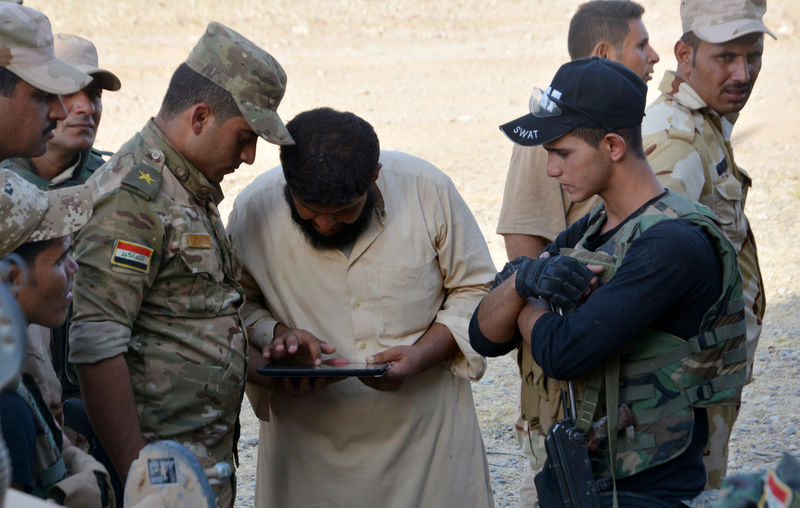By Emma Batha
LONDON (Thomson Reuters Foundation) - U.N. refugee officials bracing for an exodus of hundreds of thousands of people from the Iraqi city of Mosul said on Tuesday they were struggling to find land for camps to house them.
Up to 1.2 million people could be affected by an expected military offensive to retake Iraq's second biggest city from Islamic State, the U.N. refugee agency UNHCR said.
The agency is planning to create camps in up to six locations across northern Iraq but said finding land had become a "critical issue" fraught with difficulties.
"This is a massive problem for us because there is not a lot of land that is available," said Caroline Gluck, UNHCR's spokeswoman in Baghdad.
Many private landowners are unwilling to lease land while other areas are unsuitable because of their topography, proximity to fighting or the risk of unexploded ordinance or landmines.
Land may also be unsuitable if located in areas where the arrival of displaced Iraqis could inflame ethnic, sectarian, religious or tribal tensions.
Gluck said disputes over land ownership and a lack of clarity over land tenure documents were compounding problems.
U.S.-backed Iraqi and Kurdish forces are advancing on Mosul - Islamic State's de facto capital 400 km (250 miles) north of Baghdad - ahead of an offensive which aid agencies expect could happen in September or October.
Once home to 2 million people, Mosul is the militant group's last major bastion in the country following the fall of Falluja in June.
Gluck said more than 1 million people were still believed to be living in Mosul and warned there was the potential for a "full-blown catastrophe".
"It will have major ramifications for Iraq and everyone is trying to be as prepared as they can," she added.
"But the bottom line is we really don't know how many people will come out, how long the conflict will be ... We are to some extent operating in the dark."
Gluck said many had been surprised how fast Falluja had been recaptured from Islamic State.
Iraq is already one of the world's biggest displacement crises with around 3.4 million people uprooted from their homes across the country. But only 15 percent are in camps with others renting or living in shelters including mosques.
Some 48,000 people have fled the Mosul area in recent months, the UNHCR said. Several camps in the wider region are being expanded and new ones set up.
But Gluck said it was important to look at solutions aside from camps.
She said the agency was distributing emergency shelter kits to families comprising plastic sheeting, poles, ropes and tools.
It is also looking at housing people in communities and the possibility of getting sponsorships for people to move to other areas - a politically sensitive issue given movement restrictions in Iraq.

The UNHCR said its $584 million appeal for displaced people in Iraq and Iraqi refugees in the wider region was only 38 percent funded.